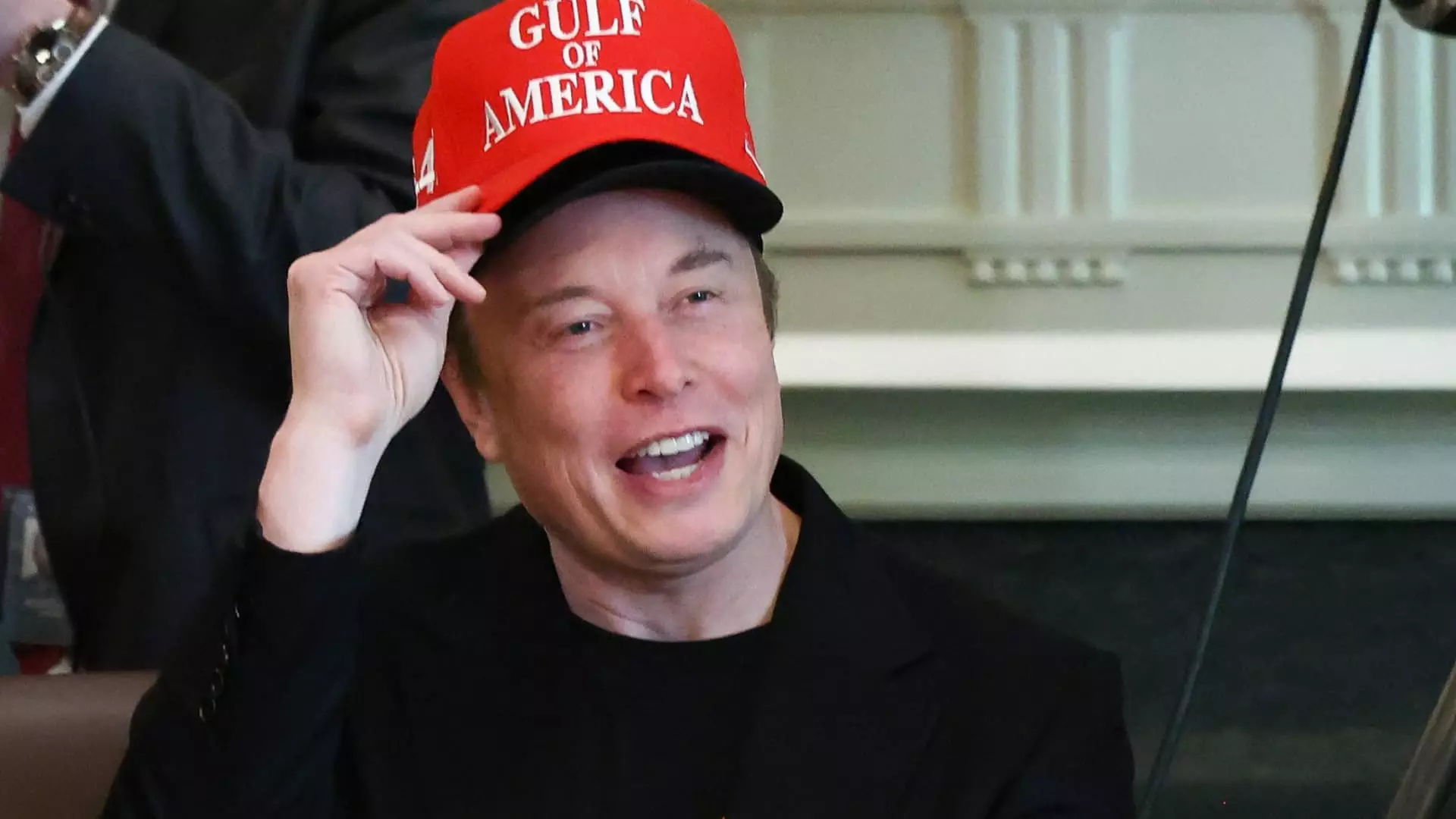Elon Musk’s term as a special government employee may have concluded, but its implications will resonate throughout the federal landscape for the foreseeable future. In an era characterized by bureaucratic inefficiency and fiscal irresponsibility, Musk was given a platform to enact significant changes. By taking on the role of head of the Department of Government Efficiency during President Trump’s administration, he aimed to tackle wasteful spending directly, a challenge that has historically plagued the government. While his unconventional approach raised eyebrows, his commitment to reform was unquestionable. The intertwined nature of his corporate responsibilities and governmental ambitions opened a unique dialogue on how private sector innovation can inspire public sector reform.
Musk’s Vision vs. Political Realities
Musk’s departure from the role came with an intriguing announcement of the ongoing “DOGE mission,” an initiative he contended would evolve into a lifestyle within government operations. However, the reality of legislative processes often contradicts such ambitious visions. In his recent comments, Musk criticized the administration’s spending bill as detrimental to the work of DOGE, revealing a gap between his aspirations and the political machinery that can stifle innovation. This discord highlights the challenge facing any reform-minded leader: the friction between visionary goals and legislative reality, a dynamic that often leaves innovative ideas stranded on the outskirts of political dialogue.
The Weight of Leadership
As the world’s richest person and a CEO of multiple high-profile companies, Musk’s commitment to the government was a noteworthy deviation from his usual corporate pursuits. His repeated assertions that he would allocate time for government work, even as his focus shifted back to Tesla and SpaceX, paint a picture of a leader caught between two demanding worlds. This duality raises questions about the sustainability of such leadership—can one person genuinely drive change in both sectors effectively, or does a divided focus compromise the potential for meaningful impact?
Moreover, as Musk navigates multiple high-stakes lawsuits alleging federal violations during his period leading DOGE, one wonders whether the pressures of governmental responsibility have begun to outweigh the benefits he sought to bring about. His simultaneous engagement in legal challenges may be a significant hurdle, draining resources and focus from his ambitious projects.
The Future of Innovation and Government
While Musk’s government tenure may be over, the discourse surrounding efficiency and innovation can continue to thrive. His passionate advocacy for government reform signals a demand for transformative change that could inspire other entrepreneurs and leaders to seek innovative solutions within the public sector. However, the pressing question remains: how can we balance the dynamic between entrepreneurial vision and the intricacies of governmental systems?
As entities like Tesla push boundaries in the realm of unprecedented technology and sustainability efforts, the intersection of business and government provides fertile ground for exploration. It is through such collaborative efforts that we might navigate the complexities of governmental inefficiency. Elon Musk’s time in government highlights that the quest for efficiency and effectiveness is ongoing, and although his direct involvement has ended, the conversations and challenges he has brought to the forefront must persist.


Leave a Reply